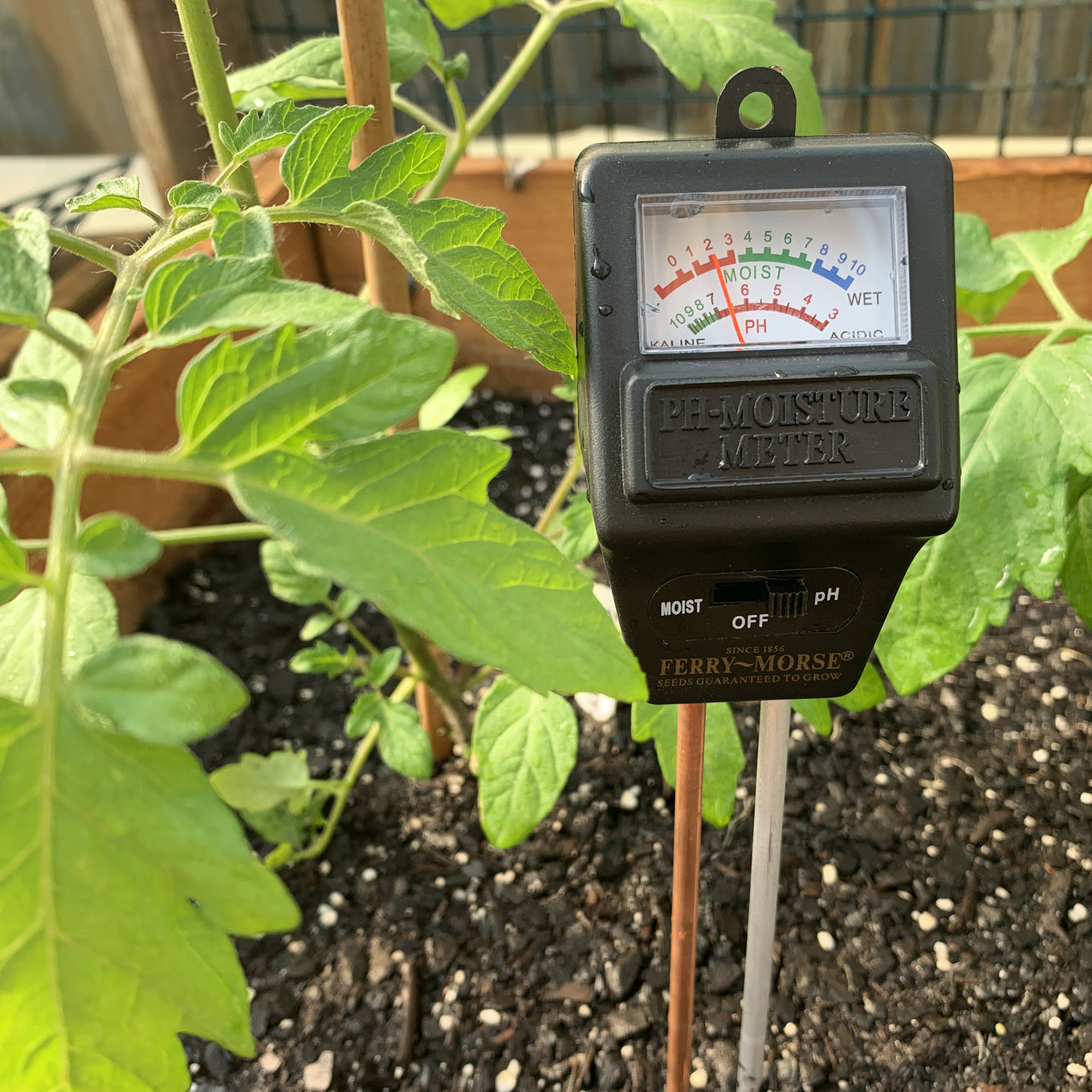Moisture Meter Reviews: Contrasting the most effective Models for Professional and DIY Use
Moisture Meter Reviews: Contrasting the most effective Models for Professional and DIY Use
Blog Article
The Ultimate Overview to Moisture Meters: A Comprehensive Overview and Just How They Can Save You Money
In the world of structure maintenance, building, and different markets, the significance of accurately gauging wetness levels can not be overemphasized. Wetness meters work as indispensable devices in discovering and keeping an eye on moisture content in products, helping in preventing pricey damages and ensuring the high quality of products. Recognizing the nuances of various kinds of moisture meters, their applications, and the prospective cost-saving benefits they supply can be a game-changer for specialists and companies alike. Discovering exactly how these devices can not just improve procedures however additionally add to financial cost savings is a journey worth getting started on.
Kinds Of Wetness Meters
One usual kind is the pin-type dampness meter, which measures the electric resistance in between 2 pins put right into a product. Pinless dampness meters, on the various other hand, usage electro-magnetic sensing unit plates to check a bigger location without causing damage to the material's surface.

Infrared dampness meters gauge the thermal residential properties of a material to identify its moisture material non-invasively, making them valuable for applications where pin or pinless meters may not be appropriate. Understanding the different kinds of moisture meters offered can aid industries select the most appropriate tool for their certain moisture measurement requirements.

Benefits of Using Dampness Meters
Moisture meters use indispensable benefits in properly keeping track of and examining moisture degrees in varied products and atmospheres. One of the key advantages of utilizing wetness meters is the prevention of possible damage triggered by excess moisture.
Furthermore, using dampness meters can result in boosted power efficiency. By determining locations with high moisture degrees, such as leakages or inadequate insulation, modifications can be made to enhance energy preservation and minimize utility expenses. In agricultural settings, moisture meters play a vital function in optimizing crop returns by allowing farmers to keep track of dirt wetness levels and make educated irrigation decisions. Overall, the advantages of using dampness meters cover throughout different markets, offering economical solutions and advertising better top quality control methods.
Just How to Choose the Right Wetness Meter
When choosing a moisture meter, it's important to make sure that the meter is appropriate for the particular material you will certainly be screening. Different materials have varying electrical residential or commercial properties that can affect dampness analyses, so choosing a meter designed for your product is vital for precise results. By meticulously examining these elements, you can choose a dampness meter that satisfies your needs and gives precise dampness dimensions for your projects.
Correct Methods for Dampness Meter Use

Price Savings Via Moisture Meter Applications
How can the calculated use of wetness why not try here meters bring look at this now about significant expense savings across various industries? Moisture meters play an important function in cost savings by preventing possible damages and making sure high quality control in different industries. In the agriculture sector, wetness meters aid in identifying the optimal time for collecting plants, avoiding over-drying or excess dampness that can affect the final product's top quality. This exact tracking helps farmers stay clear of unneeded losses and maximize their return.
In a similar way, in construction, moisture meters assist avoid expensive problems by identifying wetness levels in structure materials, such as timber or concrete, which can cause structural concerns if not resolved without delay. By recognizing problem locations Read Full Report at an early stage, contractors can take restorative actions to avoid substantial repairs or replacements, inevitably conserving money and time.
In addition, in the food processing market, wetness meters are important for keeping an eye on item quality and guaranteeing conformity with safety guidelines. By properly gauging moisture material in foodstuff, suppliers can prevent putridity, preserve quality, and reduce waste, resulting in considerable expense financial savings. On the whole, the critical application of moisture meters is a valuable investment that can result in considerable expense reductions and boosted effectiveness throughout different markets.
Verdict
In verdict, wetness meters are important devices for measuring and detecting dampness levels in numerous materials. By using the right dampness meter and complying with correct methods, users can successfully avoid pricey damages caused by excess dampness.
Moisture meters offer as vital tools in finding and keeping track of moisture web content in materials, assisting in avoiding pricey damages and making sure the quality of products. Infrared dampness meters measure the thermal homes of a product to determine its wetness content non-invasively, making them helpful for applications where pin or pinless meters may not be appropriate.Dampness meters offer vital benefits in accurately keeping track of and analyzing moisture levels in varied products and environments. In agricultural settings, dampness meters play a crucial role in enhancing plant returns by enabling farmers to keep track of soil dampness degrees and make educated watering decisions.In conclusion, wetness meters are beneficial devices for detecting and determining moisture levels in various materials.
Report this page